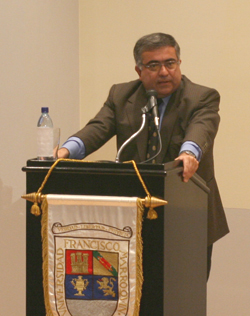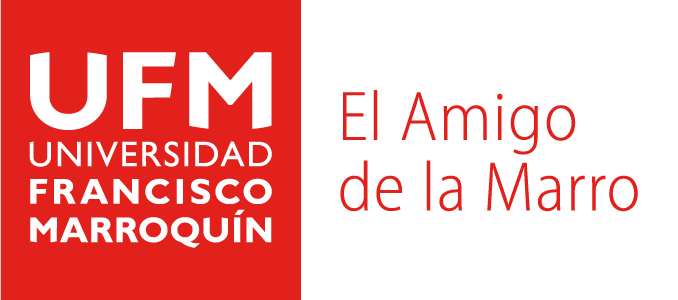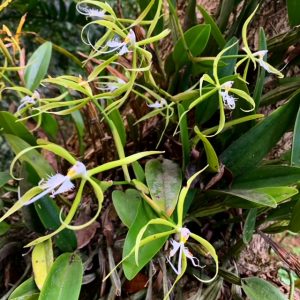 |
| Enrique Ghersi at the podium in the UFM’s Milton Friedman Auditorium, during his conference on subsoil |
«The difference between finding petroleum in Texas, and finding it in Peru, is that if you find petroleum in Texas you are rich, and if you find it in Peru you are poor. And the difference is institutional, but you will say why if what you find is petroleum, in one place you are rich and in another you are poor? Because in Peru petroleum is of the state and when you find it they take it away and give it to other people. The same thing happens if what you find is gold, silver, tin, or any other potential wealth», said Enrique Ghersi, during a conference lectured at Universidad Francisco Marroquín, on the property of the subsoil last Thursday January 18th of 2007.
«In Latin America, and in Guatemala like in Peru, the mining legislation is similar. The property of subsoil and natural resources belongs to the state; and this is like that in all Latin American Legislations due to the inheritance of the Indian law, during the colonial times when the King was the absolute owner of the subsoil», he explained.
«That has generated conflicts in all the region and the way to avoid these confrontations is to make sure that the owners of the ground, who are generally millenarian indians, are also owners of whatever is in the subsoil. Not that they receive charity, or gifts, but that property of what is theirs is restituted to them», Ghersi indicated. «People are violent and will reject mining as long as they are not owners of the subsoil», he warned.
Ghersi explained how it is that the inherited institutions of Spain determined that the subsoil belonged to the King, and those of the colony determined that it belonged to the Nation. This completely vanished all incentives to invest, take risks and make technological innovations. Consequently it annulled the progress of the mining and oil activities. He explained how it is that the state property of the subsoil condemned the non farming regions to marginality and poverty. The lecturer explored an alternative to mining and oil activities in Guatemala, if we are condemned to leave in poverty the non farming regions, and how it is that the environment is better protected.
The thesis of Ghersi, sustained at the Catholic University of Peru, is titled Economic Analysis of the Legal Access to Property: The Housing Case in Lima. He has been editor in the newspaper La Prensa, correspondent of Reason magazine, conductor of the show Economy of the day, investigator of the Freedom and Democracy Institute, and university professor of Law at the University of Lima. He is a visiting professor at Universidad Francisco Marroquín.
The conference took place at the UFM’s Milton Friedman Auditorium, where Ghersi was presented by Ramon Parellada, University treasurer. When concluding his conference, the President, Giancarlo Ibárgüen S., gave him a necktie of this house of studies.
More photos,
here.
Recientes
- 1
- 2
- 3
- …
- 1.541
- Siguiente »



